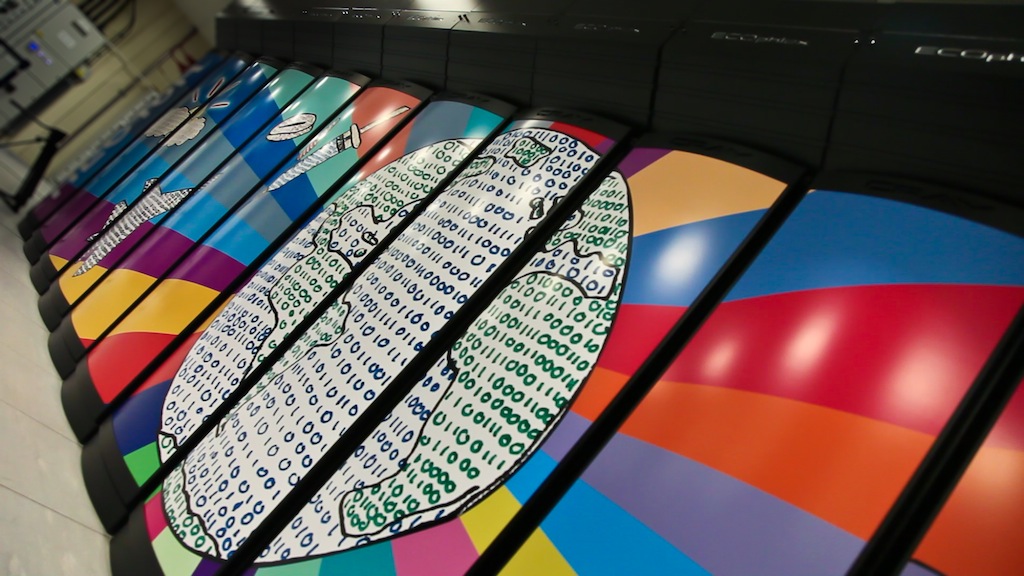DEISA Training Courses: 14 - 16 September 2010, EPCC, Edinburgh
DEISA is running a series of three training courses at EPCC, The University of Edinburgh, in September 2010. All the courses will be based around a series of lectures with associated practical programming exercises.
Courses are free to all EU academics, and you can register for all the courses or just for selected days. Note that the first course is primarily aimed at DEISA users with accepted DECI-6 projects; the other courses are of general interest to all HPC users.
Tuesday 14th September: Introduction to the DEISA Infrastructure
This course will cover the basic aspects of the DEISA distributed supercomputer environment and the software tools that are used to access it. It is primarily aimed at DEISA users who have had projects accepted under DECI-6, and will give them an opportunity to log on to their execution platform(s) and start porting their applications.
DEISA staff will be on hand to help with installing DEISA tools, accessing machines, compiling and executing jobs.
Wednesday 15th September: Performance Optimisation on Cray XT Systems
Several of the DEISA systems are Cray XT machines, including the UK national supercomputer HECToR hosted by EPCC. This course will cover all aspects of achieving optimal performance on the Cray XT architecture, including single CPU, shared-memory multicore and inter-node message-passing issues. It will also cover the use of Cray tools to perform detailed analyses of runtime behaviour.
This course is delivered in collaboration with Cray staff from the Cray Centre of Excellence based at EPCC. Access to Cray XT systems will be provided for all attendees.
Thursday 16th September: Parallel Programming with Coarray Fortran
Coarrays are a feature of the new Fortran 2008 standard that enable parallelism using a small number of additional language elements. A new array declaration syntax allows for remotely accessible variables, with data allocated across multiple "images". The execution model is that of a Partitioned Global Address Space (PGAS) language.
Programming using coarrays has many potential advantages compared to using MPI. Amongst these are simplicity, compiler checking and scope for automatic optimisation of communications by the compiler. Coarrays can also be introduced incrementally to existing MPI codes to improve performance-critical kernels. This course introduces coarrays and covers the related Fortran language features that support them.
This course is delivered in collaboration with Cray staff from the Cray European Exascale Research Initiative based at EPCC. Access to Cray systems and compilers will be provided for all attendees, although practical exercises may also be undertaken on a personal multicore laptop using the g95 compiler.
For further details and to register see: http://www.deisa.eu/usersupport/training/training-events/
The registration form is available directly at: http://www.epcc.ed.ac.uk/training-education/course-registration-form/
For the location of EPCC see: http://www.epcc.ed.ac.uk/contact-us/maps/
